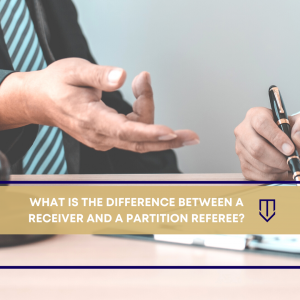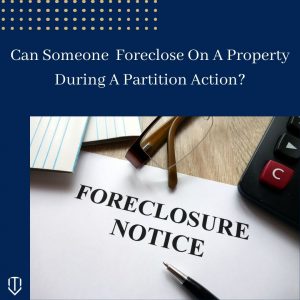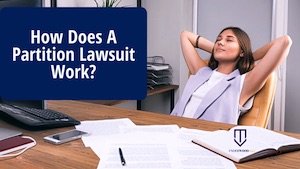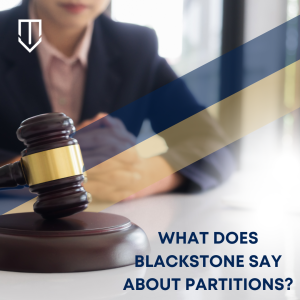 Sir William Blackstone is a titan in the field of legal jurisprudence. His 1765 work, Commentaries on the Laws of England, is his most famous legal treatise, forming the backbone of common law analysis as modern lawyers understand it today. Without his efforts centuries ago, our conceptions of property, individual rights, and governmental authority would not be the same. His works remain cited even now in judicial decisions at all levels, including the Supreme Court of the United States.
Sir William Blackstone is a titan in the field of legal jurisprudence. His 1765 work, Commentaries on the Laws of England, is his most famous legal treatise, forming the backbone of common law analysis as modern lawyers understand it today. Without his efforts centuries ago, our conceptions of property, individual rights, and governmental authority would not be the same. His works remain cited even now in judicial decisions at all levels, including the Supreme Court of the United States.
Blackstone’s comments on property law are particularly striking, for they bear the foundational ideas now found in our statutes governing real estate transactions, estate types, property rights, and ownership disputes. And while his analyses on tenancies in common and joint tenancy still bear striking resemblances to our own California statutes, his discussions of partitions show their age.
 California Partition Law Blog
California Partition Law Blog


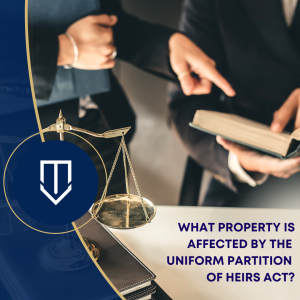
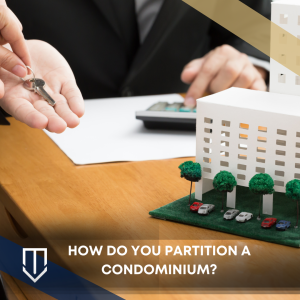 When co-owners of property decide they want to go their separate ways but cannot come to an agreement on a buyout or reimbursements, they can institute a
When co-owners of property decide they want to go their separate ways but cannot come to an agreement on a buyout or reimbursements, they can institute a 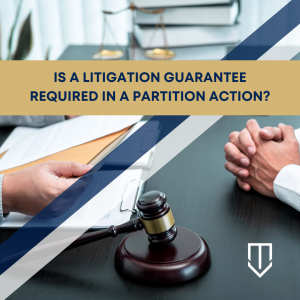 While litigation guarantees are recommended in a lot of contested real estate issues in court, it is not required in a
While litigation guarantees are recommended in a lot of contested real estate issues in court, it is not required in a 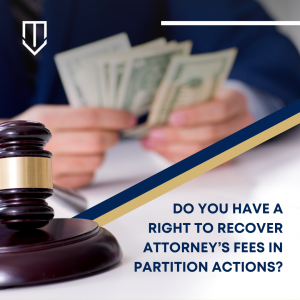 Yes. In California, you have a right to recover attorney’s fees by statute. But that doesn’t mean that you can recover 100% of your fees, even in
Yes. In California, you have a right to recover attorney’s fees by statute. But that doesn’t mean that you can recover 100% of your fees, even in 